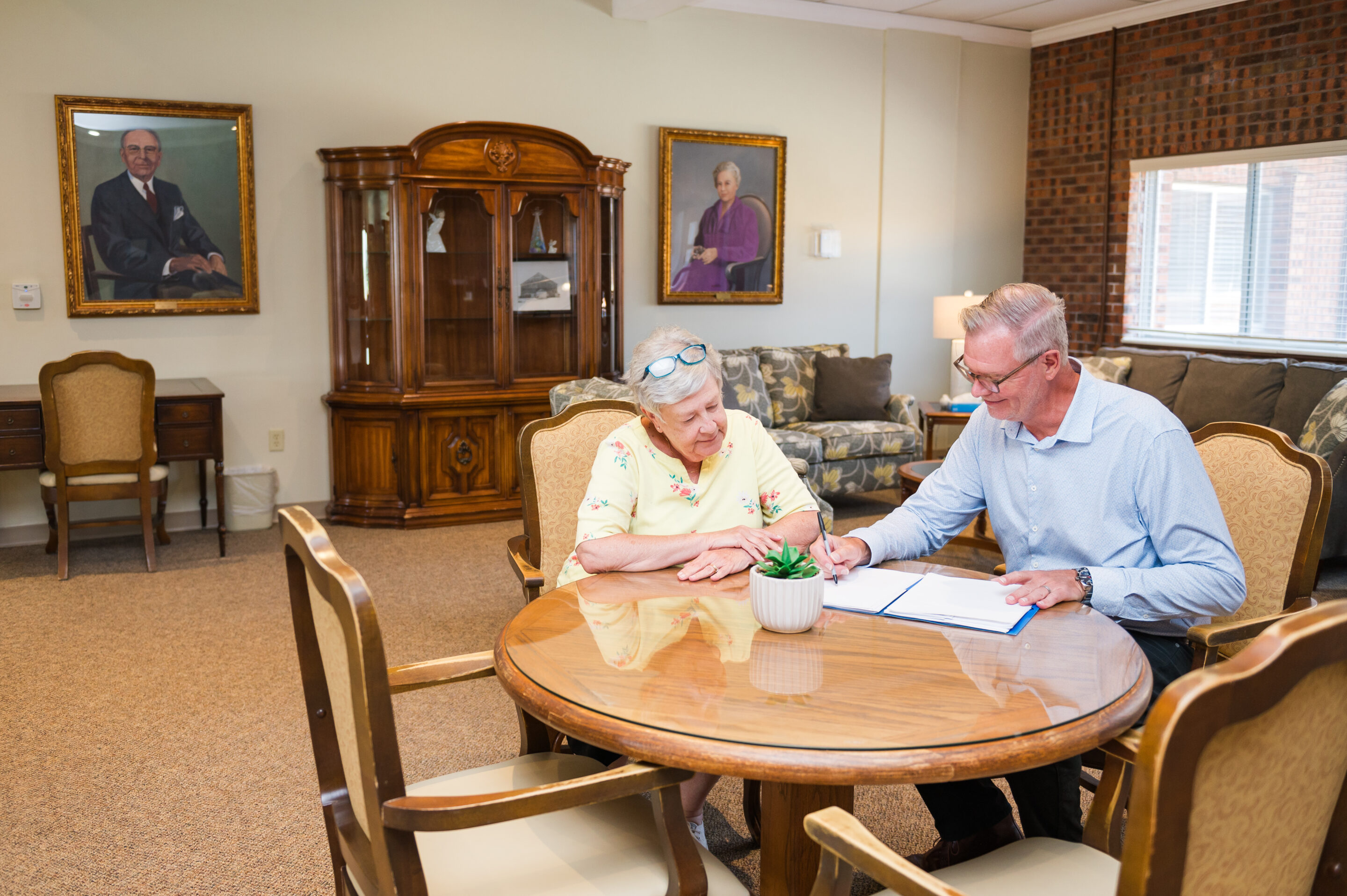Healthcare decisions can often feel overwhelming, especially when it comes to understanding Medicare’s rules for skilled nursing care. Medicare plays a vital role in providing seniors with financial support for medical needs, but its coverage comes with terms and conditions that aren’t always easy to follow.
If you’re caring for a loved one—or planning ahead for your own needs—this guide will break down Medicare’s skilled nursing care coverage into simple terms. We’ll explore what skilled nursing care entails, eligibility requirements, and tips to avoid unexpected expenses.
What Is Skilled Nursing Care?
Skilled nursing care involves specialized medical treatment and monitoring by qualified nurses and therapists. This type of care is typically necessary for recovery from an illness, surgery, or injury, including services like wound care, physical rehabilitation, IV therapy, and more.
It’s important to note the difference between skilled nursing care and custodial care (help with daily tasks like bathing and dressing). While Medicare covers skilled nursing care, it does not cover custodial care for long-term daily assistance.
Medicare Basics
Medicare is a federally funded health insurance program primarily for individuals aged 65 and older. There are four parts to Medicare, each covering different types of care:
- Part A (Hospital Insurance): Covers inpatient hospital stays, skilled nursing facilities (SNF) after qualifying hospital stays, home healthcare, and hospice care.
- Part B (Medical Insurance): Focuses on outpatient care, doctor visits, preventive services, and durable medical equipment.
- Part C (Medicare Advantage): Private plans that bundle coverage from Parts A and B, often including additional benefits like dental or vision care.
- Part D (Prescription Drug Coverage): Assists with the cost of medications.
For skilled nursing care, Medicare Part A is the primary source of coverage.
Eligibility Requirements
Qualifying for skilled nursing care under Medicare involves several conditions. These include:
- Medical Necessity: Care must be certified by a doctor as essential for treating or managing a specific condition.
- Hospitalization Requirement: The patient must have a qualifying inpatient hospital stay of at least three consecutive days. Time spent with “observation” status does not count.
- Timing of Admission: Entry into a Medicare-certified skilled nursing facility must take place within 30 days of leaving the hospital.
- Facility Certification: The skilled nursing facility providing care must be Medicare-certified.
Skilled nursing care coverage is designed as temporary assistance to support recovery, not for long-term stays.
Medicare Coverage Details
Medicare coverage for skilled nursing facility care is divided into phases based on the number of days a patient spends there:
- Days 1–20: Medicare covers 100% of the costs.
- Days 21–100: A daily co-payment is required. As of 2025, this cost is $209.50 per day.
- After Day 100: Patients are responsible for covering the full cost of care.
What Medicare Does Not Cover
- Long-term or custodial care services.
- Private room charges, unless deemed medically necessary.
- Non-essential items like personal phone or TV usage.
Planning ahead can help families avoid surprise financial liabilities as coverage changes over time.
Misconceptions About Medicare
Many seniors assume Medicare covers all healthcare needs, but this isn’t the case. Here are two common misconceptions to be aware of:
- Medicare Covers Long-Term Care: Medicare’s skilled nursing benefits are recovery-focused and temporary, not a solution for ongoing custodial care.
- Observation Status Qualifies for Skilled Services: A hospital admission must be classified as inpatient—not observation—for the stay to qualify for Medicare coverage.
Being informed about these details helps in navigating the process without complications.
Tips for Caregivers
If you’re helping a loved one with Medicare and skilled nursing care, here’s how to streamline the process:
- Maintain thorough documentation of medical records and skilled nursing facility paperwork.
- Familiarize yourself with Medicare’s coverage rules and co-pay schedules.
- Research Medicare Supplemental Insurance (Medigap) policies to help offset uncovered costs like daily co-pays for longer stays.
- Seek guidance from SHIP (State Health Insurance Assistance Program) for free expert advice.
Proactive planning ensures smoother transitions and better outcomes during what can be a challenging time.
Handling Denied Coverage
If Medicare denies skilled nursing care coverage, patients have the right to appeal. Steps to take include:
- Review the Medicare Summary Notice (MSN) to identify the reason for the denial.
- Follow the appeal instructions outlined in the notice.
- Gather supporting documents, including doctor’s recommendations and detailed care records.
- Submit the appeal promptly, escalating it as needed if initial appeals fail.
Resolving a denial can take time, but perseverance often results in correcting mistakes or miscommunications.
Preparing for the Future
To make the most of Medicare, seniors and their families should plan ahead. This might include consulting Medicare experts, budgeting for post-100-day care expenses, and exploring alternative programs like Medicaid if additional help is needed.
By seeking accurate information and navigating coverage options early, families can avoid surprises and focus on their loved one’s well-being.
Discover Peace of Mind at Sunny Acres
Choosing the right skilled nursing facility can make all the difference in ensuring quality care. At Sunny Acres, we make navigating services like Medicare seamless, so you can focus on what matters most—your loved one’s health and happiness.
What Sets Sunny Acres Apart?
- Skilled nursing care tailored to your loved one’s needs.
- Therapy services including physical, occupational, and speech therapy.
- Financial flexibility with Medicaid and Medicare acceptance.
- On-site visits by medical professionals and specialists to ensure comprehensive care.
Nestled in the picturesque Sangamon River Valley, Sunny Acres combines compassionate expertise with a warm, family-centered environment. Through our collaborative Family Council, loved ones stay engaged and informed every step of the way.
Schedule Your Visit Today!
Take the next step in securing the care your family deserves. Tour today and discover how we bring confidence, comfort, and community to every resident’s life.

